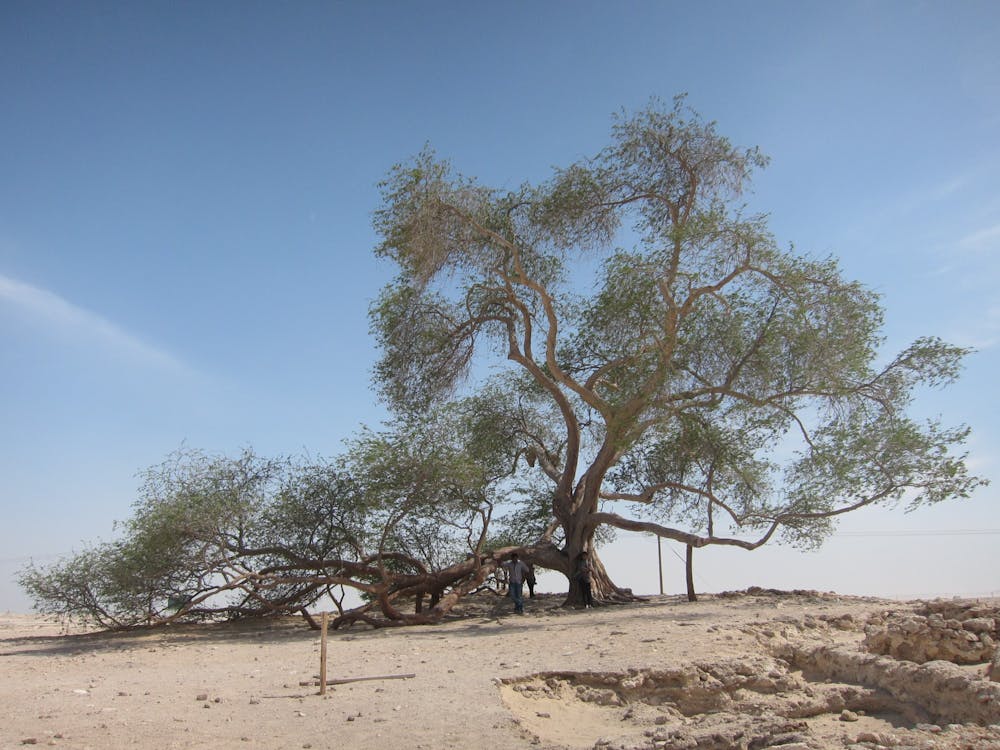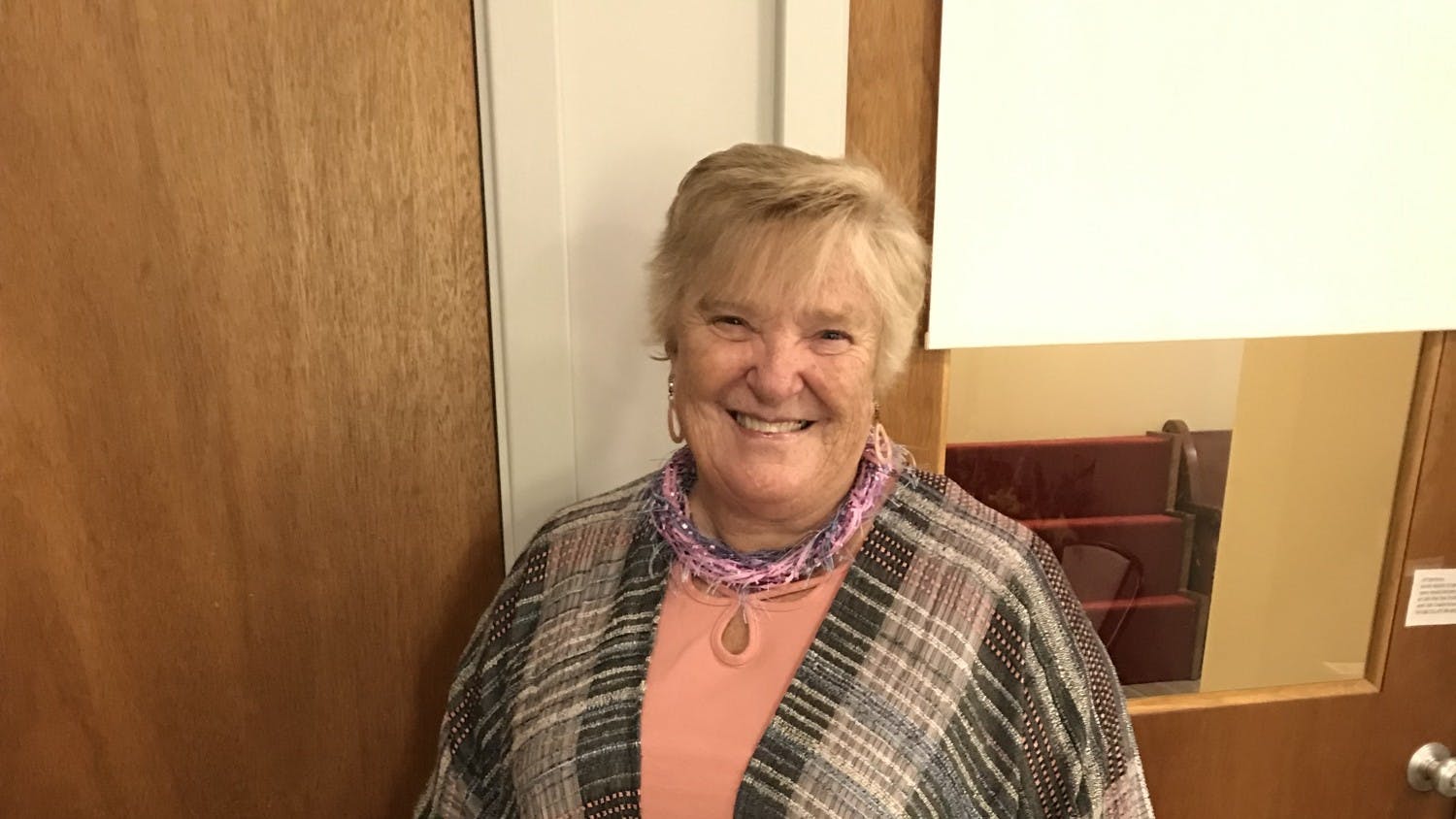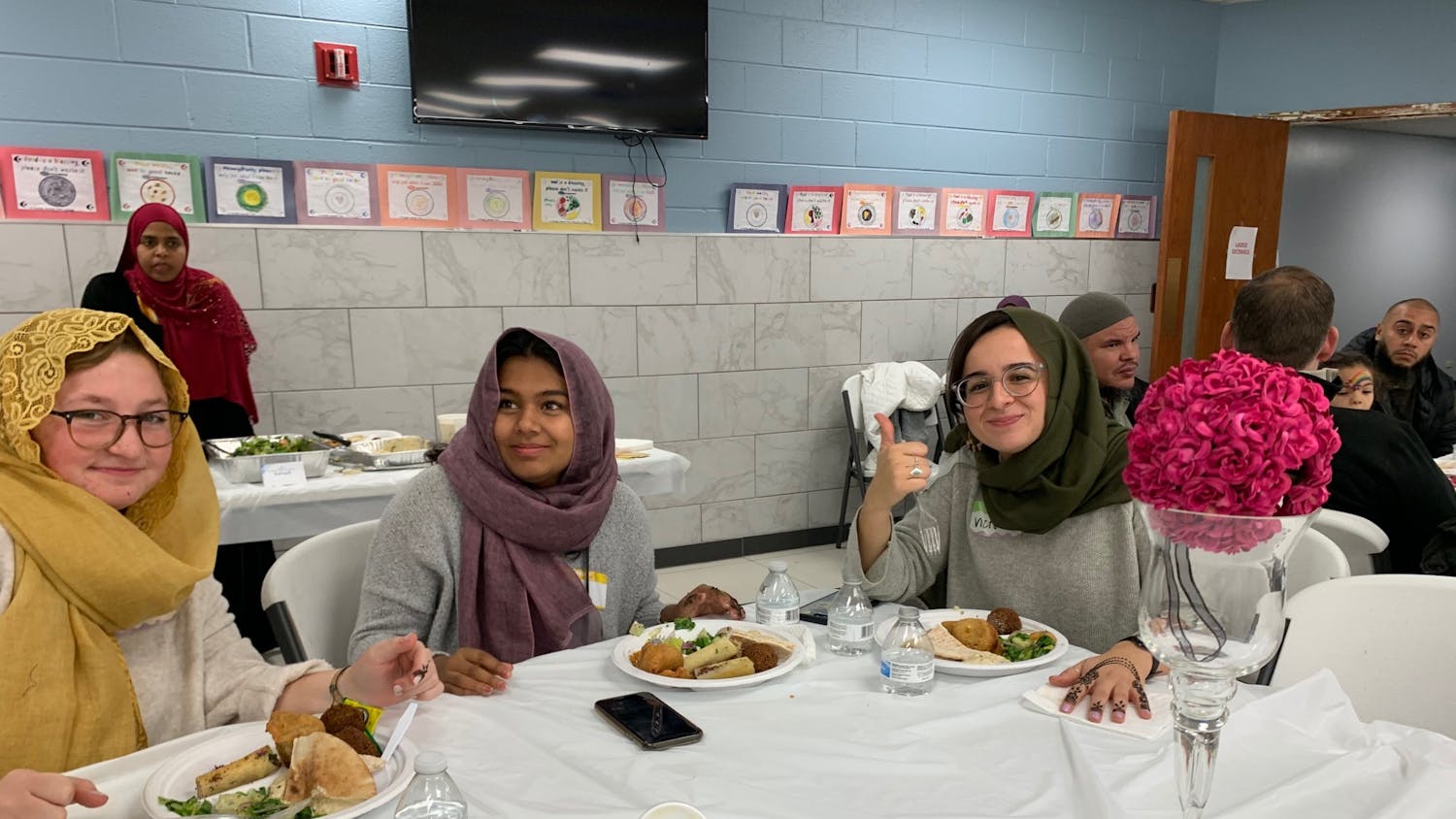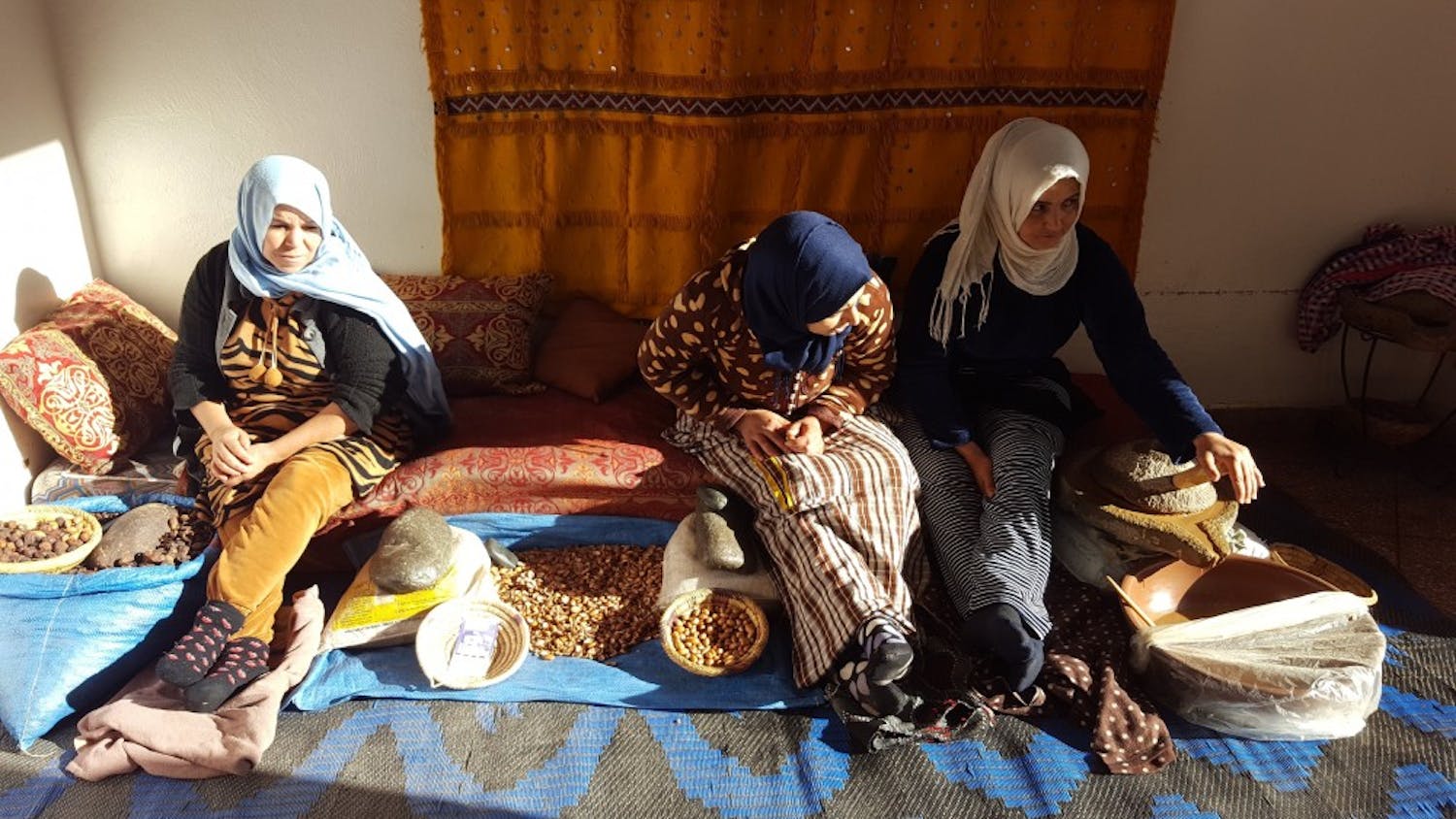To the awe of natives and tourists alike, it has flourished in the middle of the Arabian desert for an estimated 400 years. The broad, sweeping branches of the tree are a visual antonym against the endless coastline of sand.
“It is the only living thing as far as the eye can see,” said sophomore Abigail Franklin. “It’s gorgeous.”
Franklin holds this spot dear to her heart. For her, it is much more than an old tree on a dune.
When she was just 14 years old, Franklin moved to Bahrain, a small island country on the Persian Gulf.
While she had previously moved around with her father in the Navy, it was the first time her family had moved internationally. Her mother had hoped to move to a glamorous European country, Franklin quipped, but they ended up on a unique journey that they could not have anticipated.
It was shocking — the heat, the culture, everything.
Bahrain has a population of 1.5 million, but roughly half of the nation’s population are foreigners. Because of this, it retains its Middle Eastern Islamic roots while also being a national melting pot of cultures and beliefs.
At school, Franklin was often the only white student in a classroom. In her graduating class of 69 students, she recalled 46 countries were represented.
As one of the only referenceable Christians, she was often put on the spot to defend or explain Christian beliefs. While this strengthened her defenses in some ways, the weight of being the only spokesperson of Christianity weighed on her.
“It was a lot some days,” Franklin said. “I was just 15 or 16 years old and trying to get through high school and being confronted with all of these questions about my faith… sometimes it felt like they were trying to get a rise out of me, but I just wanted to be the best representative I could be with all right answers.”
At the same time, Franklin was being exposed to a myriad of other belief systems. As she learned from her peers, she learned how to best love them for their differences and similarities.
Specifically, she learned how to interact with her Muslim neighbors.
Franklin said coming from American culture, she had an unclear understanding of Islam. Oftentimes, it seemed like it was the religion Christianity did not want to talk about, at least not in a loving sense.
She learned about the spectrum of Islamic beliefs, similar to the spectrum of Christian denominations or beliefs.
As she learned about Islam from actual Muslims, she fell in love with the beauty of their community, the kindness of their people and their perspective of the world. She also grew to be more thankful for Christianity.
“Living in the Middle East put my relationship with God on its head,” Franklin said. “For the first time, I learned what it’s like to have a personal relationship with God… I could just feel God and hear his voice and became passionate to love his people.”
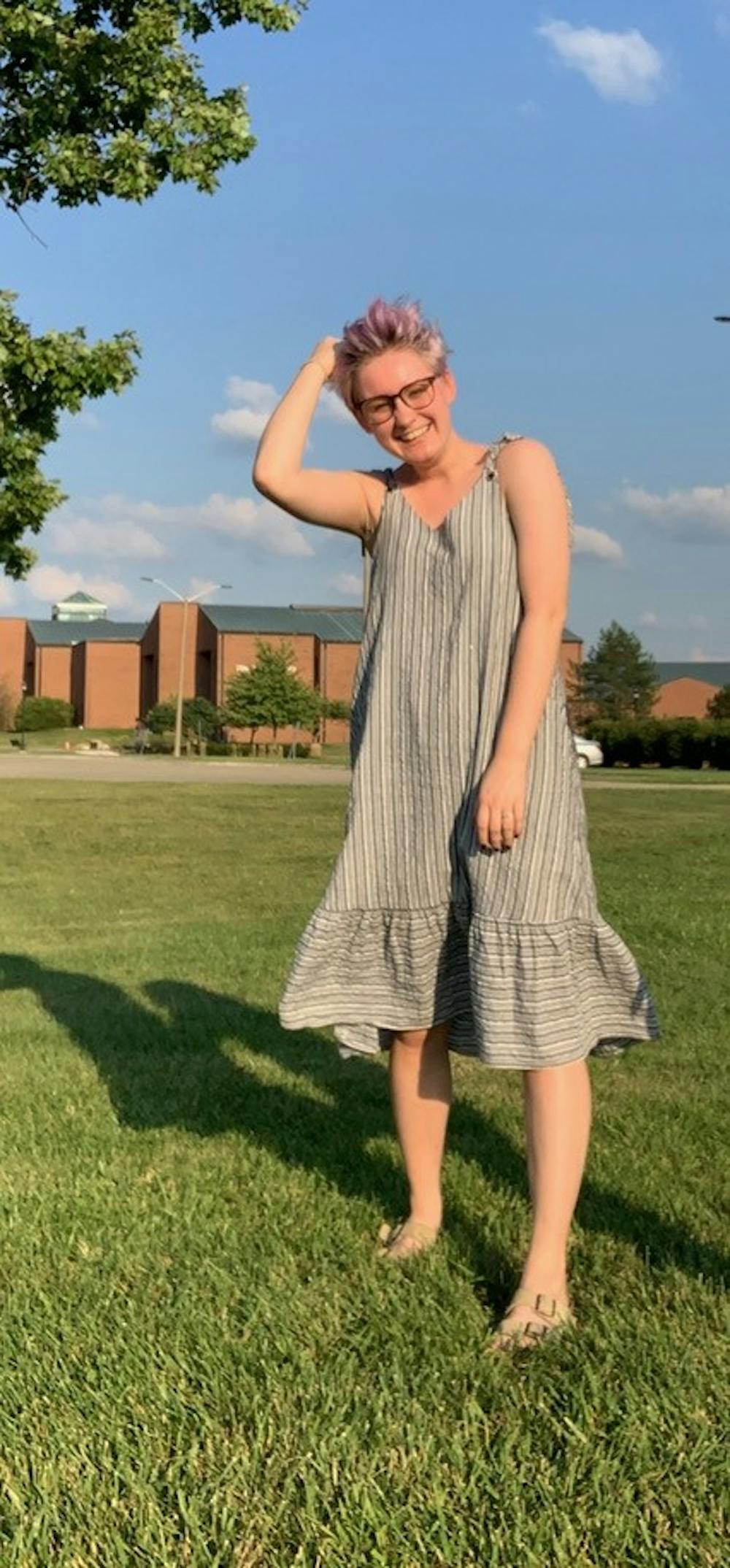
However, when she returned to Indiana for her college education, she was discouraged by the perception of Islam that was fostered among her peers. It seemed people wanted to avoid any conversation about Islam or the Middle East.
Oftentimes, just saying she was from the Middle East would discourage any further conversation.
That was until she joined MECA, Taylor’s chapter of the Middle Eastern Collegiate Association. There, she encountered other students who loved and appreciated their Muslim neighbors.
“It was a group of people sitting in chairs who were like, ‘We love the Middle East and we want to talk about it,’” Franklin said. “And I was like, ‘You love the Middle East because you love Jesus in the same way that I love the Middle East because I love Jesus?’ It’s beautiful.”
Franklin had never imagined becoming such a spokesperson for Islam in college, but it has challenged her and caused her to grow.
Most importantly, she has learned how to have conversations with those who disrespectfully disagree.
“When I opened for (MECA’s chapel) last year I said, ‘Hi, I’m Abigail and I love Islam,’” Franklin said. “I knew people didn’t know Islam like I did or probably didn’t know many Muslims if any at all, but for me to be like, ‘I love Islam as a concept or a religion — I think it’s beautiful’ and for that to be shocking to people, that I wasn’t expecting.”
Although she considers that instance rather tame, Franklin has encountered hostile attendants at MECA events, who come to argue with guest speakers against their experiences and faith.
While those are frustrating circumstances, Franklin is hyper-aware that starting fights does not change people’s minds. Rather, she hopes to lead by example as MECA’s co-president with junior Sarah Malak this year.
“I don’t know how many people realize just how large and thriving and strong the Christian community is in the Middle East,” Franklin said. “When we, as Taylor, view the Middle East as this ‘other,’ we are ‘othering’ the people that we call brothers and sisters 10 minutes later… we should bring the same energy and empathy to the Middle East as we do the rest of the world.”
Although Franklin sometimes stands alone as an advocate for the Middle East in the middle of the midwest, she fondly remembers the firmness of the Tree of Life in Bahrain.
She has latched onto a recurring theme throughout the Bible — God calls people into the desert to talk to him or to learn from him.
And while this memory has also resulted in her passion for bringing a sandpit to Taylor as a representation of such, Franklin has also felt God bringing her to the desert to find life in him in her walk with Christ.
“The Middle East is a beautiful, colorful and complex thing,” Franklin said. “It may be a desert, but that doesn’t mean there isn’t life there.”

